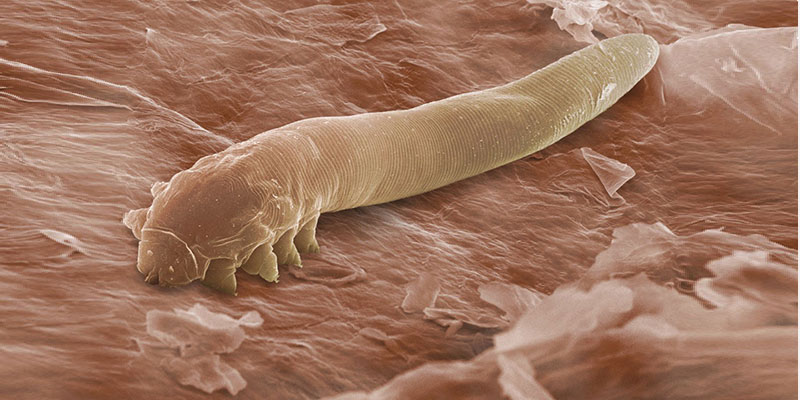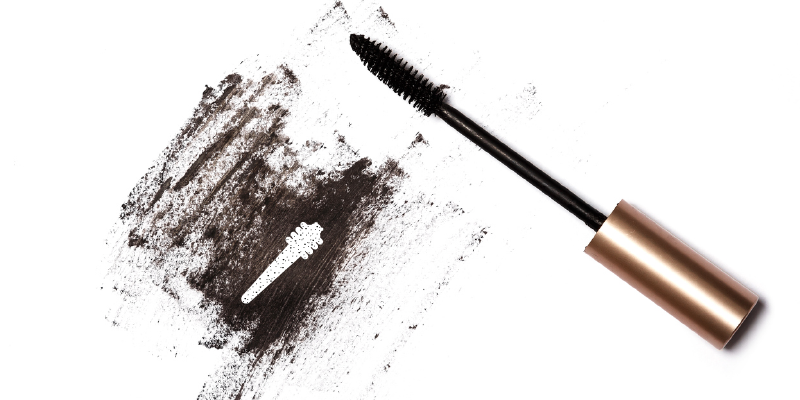Do red, watery or sore eyes and eyelids bother you or even hinder your ability to perform normal daily tasks like reading or working on the computer? If so, you might have blepharitis, a common inflammatory eye condition that just about anyone can get. Read on to learn more about blepharitis, what causes it and how to alleviate its symptoms.
Understanding Blepharitis

Blepharitis is characterized by red, dry and swollen eyes and eyelids, particularly the area of the eyelid where your eyelashes grow. In some milder cases, blepharitis may be mistaken for allergies or dry eye. In other cases, symptoms are more severe and can be unsightly, uncomfortable or even painful [1].
Some of the most common symptoms of blepharitis include:
- Redness
- Itchiness
- Watery eyes
- A “gritty” sensation in the eye
- Crusted eyelashes
- Sensitivity to light
- Soreness of the eyes and eyelids
What Causes Blepharitis?

There are a number of different factors that can cause or contribute to blepharitis. One of the most common is an abundance of a specific type of mite called Demodex, which is known to inhabit everyone’s skin and eyelashes. For some people, though, Demodex is present in much greater numbers, which has been linked to skin and eye conditions like rosacea, ocular rosacea and blepharitis [2].
It is believed that an overabundance of these mites, particularly on the eyelids and eyelashes, can cause the meibomian glands, which are located at the base of the eyelids where the eyelashes grow, to become clogged. These glands are responsible for secreting the fluid that keeps your eyes lubricated and functioning properly. So when they become clogged, they’re unable to secrete enough fluid, and your eyes, in turn, feel dry, itchy and irritated.
Other possible causes or contributors of blepharitis can include:
- Bacterial or fungal infections of the eyelid
- Meibomian gland dysfunction
- Dry eye syndrome
- Rosacea
Alleviating Blepharitis Symptoms

Blepharitis can be a difficult condition to manage, especially if you’re not sure what the root cause is. Until recently, tea tree oil had been regarded as the most effective treatment for blepharitis caused by Demodex mites. However, recent research has shown that there is one particular compound found in tea tree oil that can be even more effective than tea tree oil itself at eliminating Demodex found on the skin and eyelashes.
The compound, known as 4-Terpineol or Terpinen-4-ol, has been shown to be the most effective of the 15 major compounds in tea tree oil at killing these mites. In fact, other compounds may have an antagonistic effect when using tea tree oil to kill Demodex [3].
Currently, Cliradex is the only commercially available product that isolates 4-Terpineol for improved eye hygiene and to help alleviate symptoms of blepharitis caused by Demodex. Even better still, Cliradex products do not contain harsh ingredients that could further irritate the eyes or skin, so they are gentle enough to be used twice daily to cleanse the eyes and delicate surrounding area.
In addition to upping your eye cleansing routine, you can also follow these tips to help alleviate symptoms of dry, red, itchy eyes:
- Place a warm compress over the eyelids in the morning and at night before bed [4].
- Talk to your doctor about taking an Omega-3 fatty acid supplement to help reduce inflammation, or eat more foods that are rich in essential fatty acids [4].
- Make a conscious effort to blink more frequently, especially when performing near-sighted tasks like reading or using the computer.
In Summary
Struggling with dry, uncomfortable eyes doesn’t have to be a part of your day-to-day life. By simply adding the right eye cleanser to your morning and nightly routines, you can alleviate symptoms of blepharitis and other related eye conditions and get back to enjoying your life through clear, comfortable eyes!
[1] Mayo Clinic
[2] Ocular Surface Research and Education Foundation




